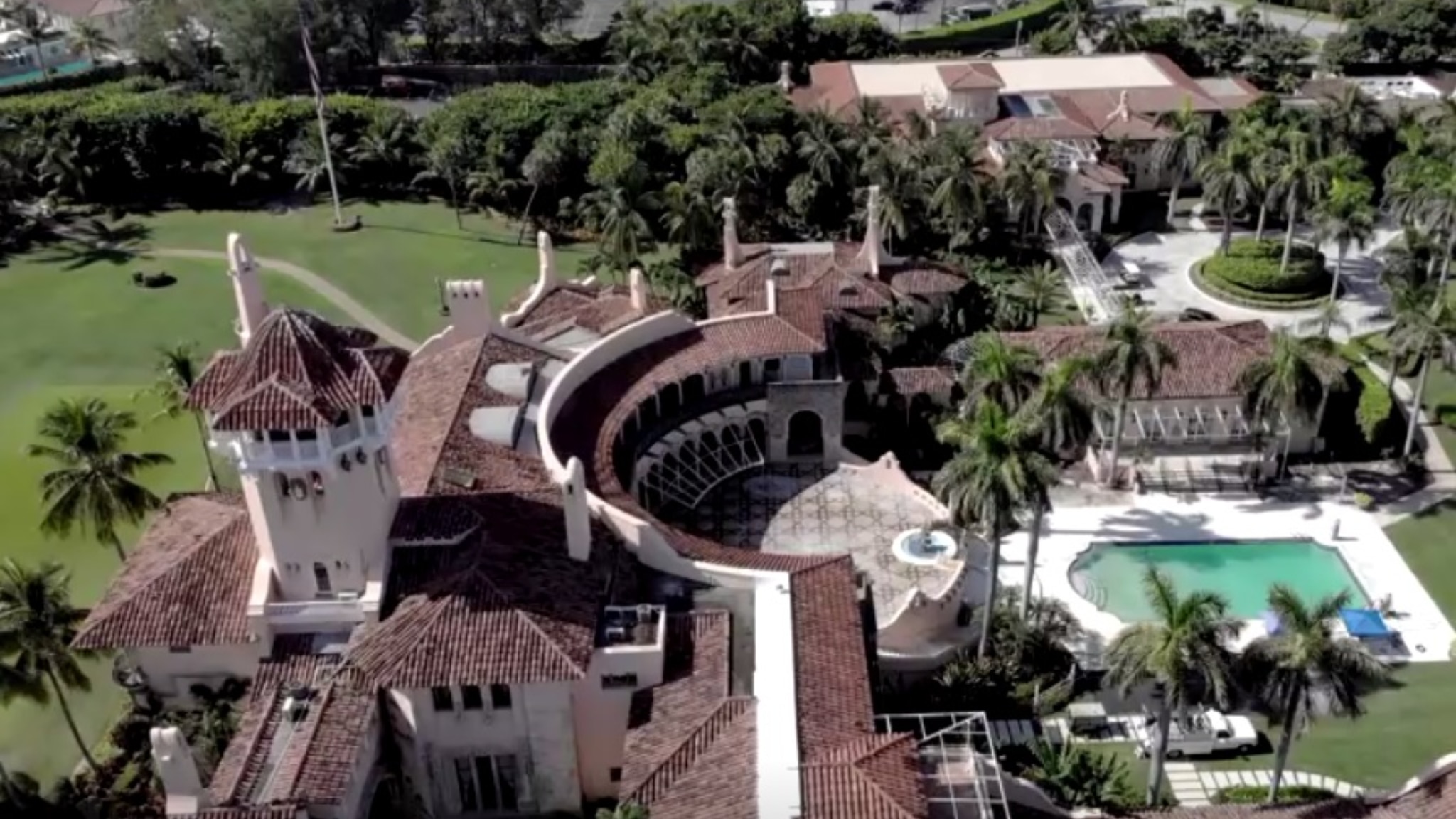Former President Donald Trump has asked the Supreme Court to intervene in the dispute regarding the documents seized by the FBI at the resort of Mar-a-Lago, Florida.
This is what emerges from the urgent request presented by the former president's lawyers, who dispute the possibility that the Justice Department will carry out the analysis of documents considered secret.
Trump's team asked judges to overturn a lower court ruling and allow an independent arbitrator to review the approximately 100 top secret classified documents that were among the 11,000 documents seized by FBI agents at the Mar- a- Lake in Palm Beach on August 8th.
This is an eminently technical argument, in the context of the intricate legal affair, which would make it easier for Trump to argue that the documents should not now be in the possession of the FBI because they are subject to executive privilege or for other reasons.
The 'executive privilege' is the president's right not to disclose information requested by another power for reasons of national security or to protect the principle of confidentiality in relations within the Administration.
The US Justice Department has launched an investigation to determine whether the former president or his advisers mishandled documents classified as secret national security or hidden or destroyed government documents.
In last month's ruling, the jury - two judges appointed by Trump and one by President Barack Obama - dismissed Trump's argument that the confidential documents seized on August 8 could be owned by him, rather than the government.
The Atlanta-based Court of Appeals also blocked a previous order from United States District Judge Aileen M. Cannon that required a special reviewer to examine the documents to see if they should be protected by investigators due to Trump's executive privilege.
As part of the ruling, the court allowed criminal investigations to use the seized documents, something Cannon had previously banned.
Trump's request aims only to overturn the appeals court ruling on access to documents by the special auditor, not the part of the decision regarding the investigation.

